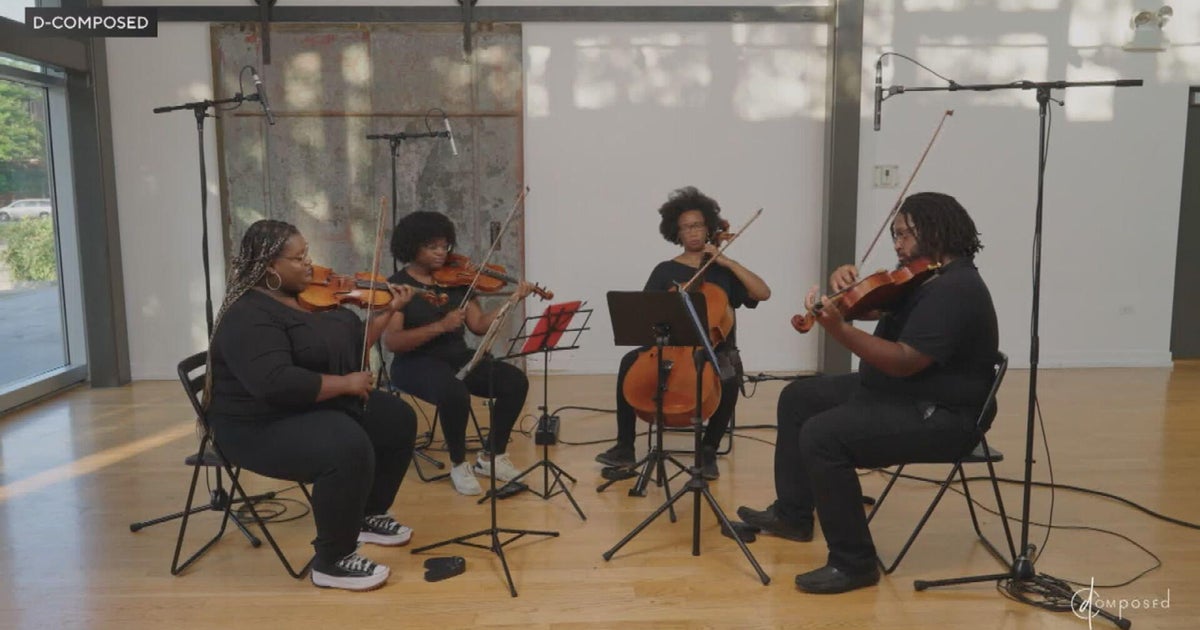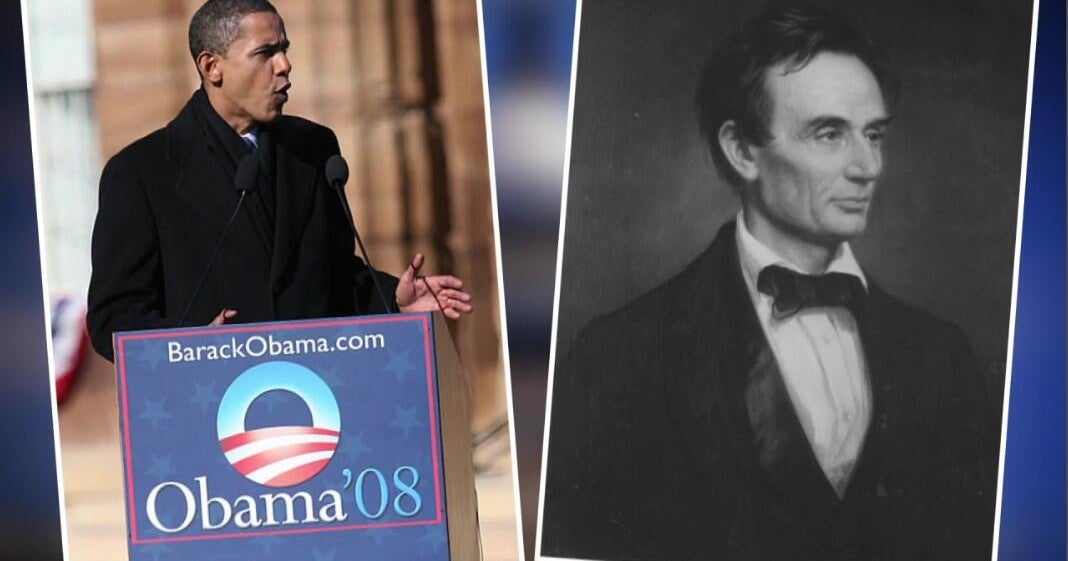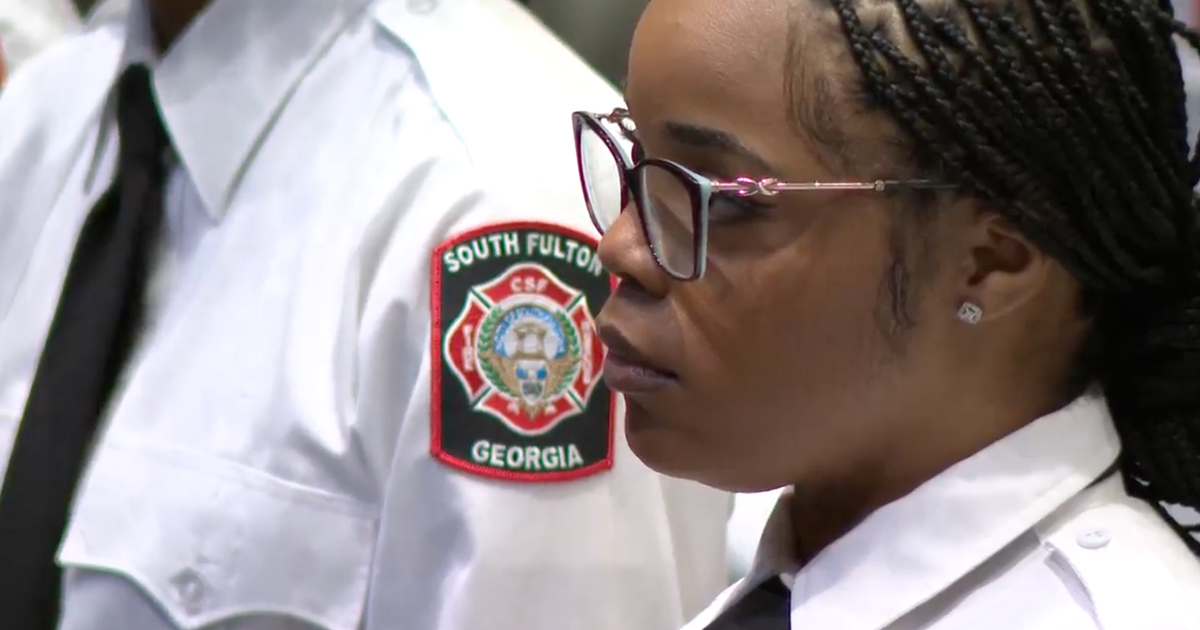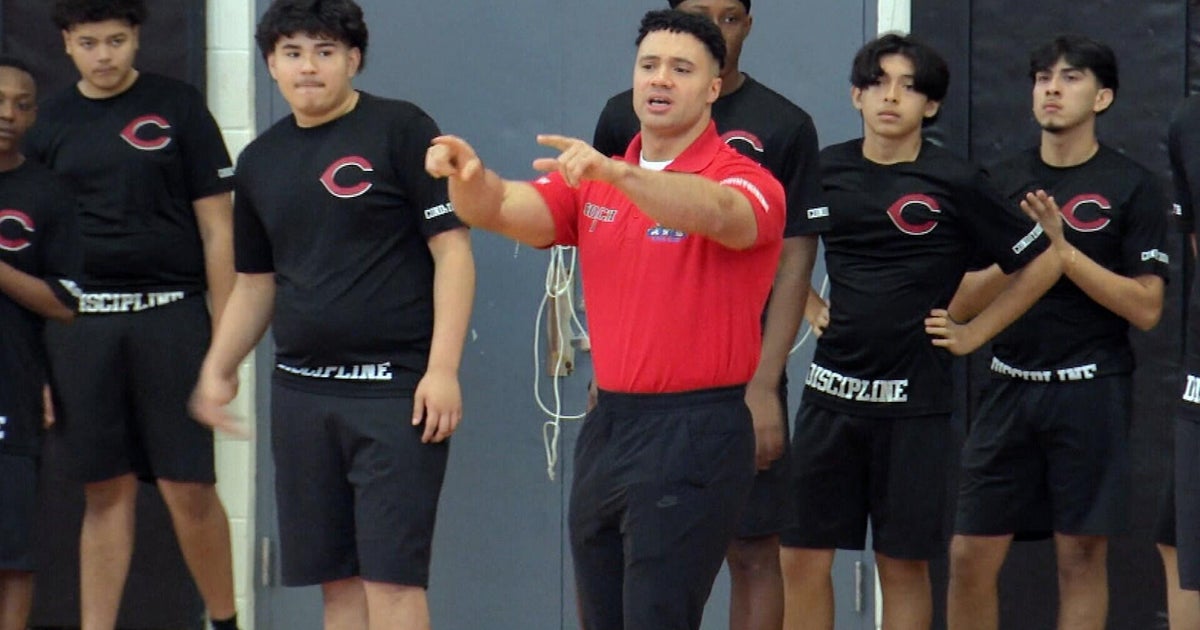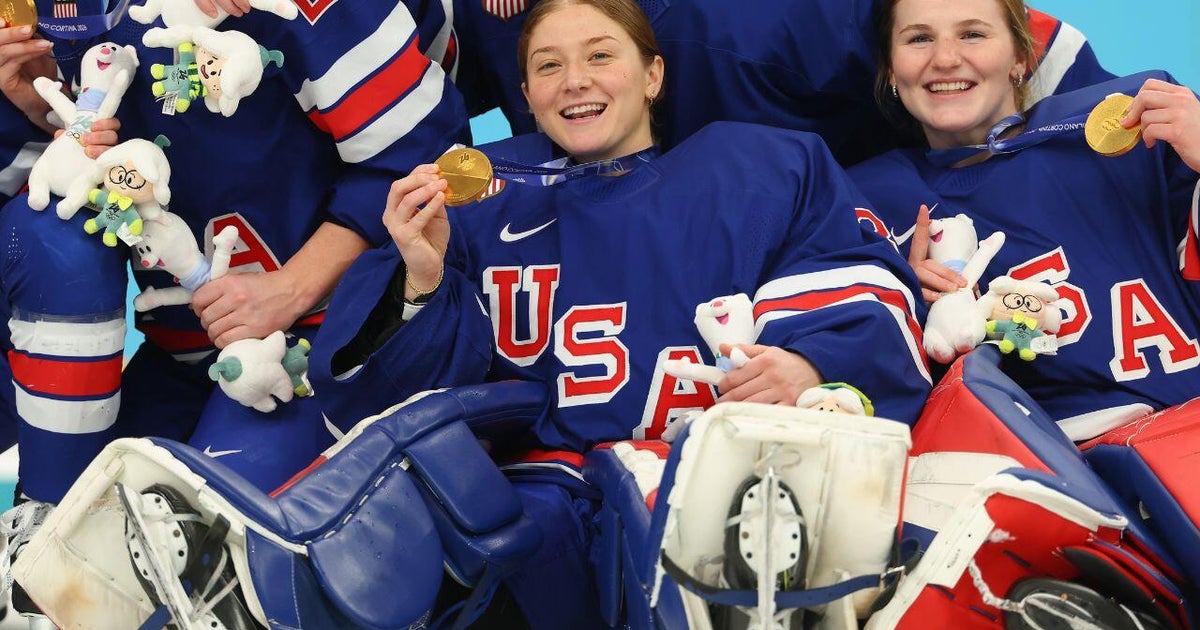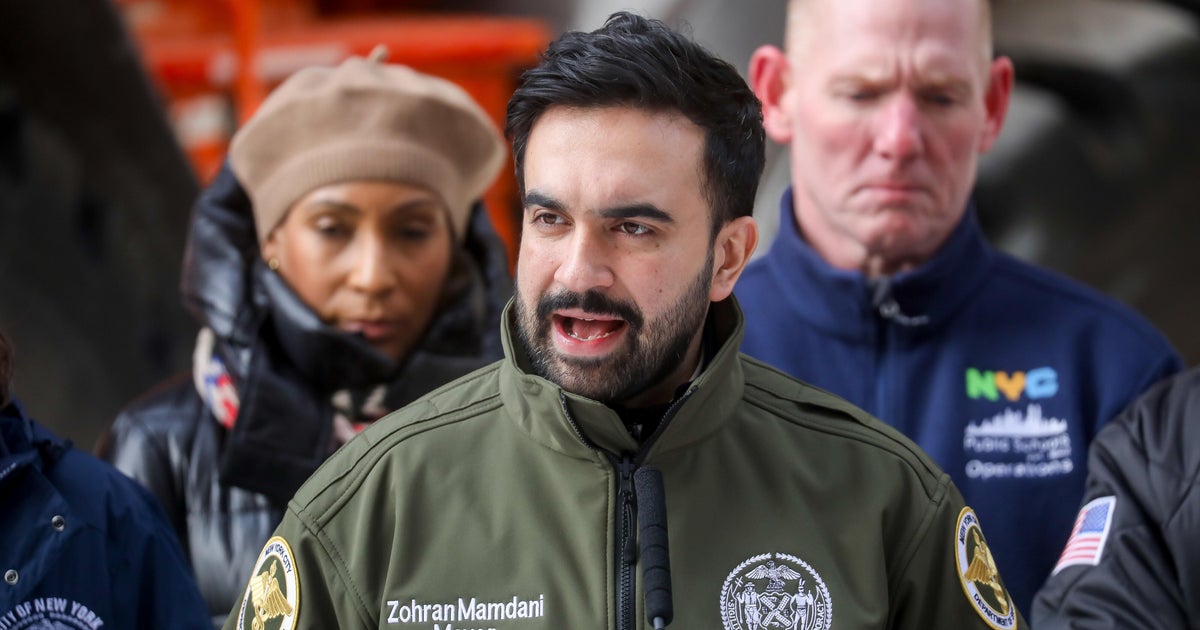Ella Jenkins, "First Lady of Children's Music," dies at 100
CHICAGO (CBS) -- Chicago singer and songwriter Ella Jenkins, known as the "First Lady of Children's Music," has died at the age of 100.
Jenkins, a children's folk singer whose career spanned more than 60 years, died peacefully on Saturday at the senior facility where she lived in Uptown.
Born in St. Louis, she moved to Chicago as a child. She taught herself the ukulele and the harmonica as a youngster.
After graduating from college at San Francisco State University, Jenkins returned to Chicago and worked in community centers. She used music to teach children in those community centers, creating many of her own songs.
In the 1950s, she started appearing on children's TV shows, which launched her career as a full-time musician.
Generations of kids grew up on the music of the lifelong Chicago musician—whether hearing her records at home or school, seeing her on "Mister Rogers' Neighborhood," or even attending a live performance.
Jenkins' early TV appearances notably included "The Totem Club" on WTTW-Channel 11, back when the public broadcasting station broadcast from a studio that doubled as an exhibit at what we now call the Griffin Museum of Science and Industry. Jenkins first performed on the program in 1956, and soon had her own segment on the show called "This Is Rhythm."
Before long, kids around the country were singing along to Jenkins' songs both traditional and original—"Miss Mary Mack," "Did You Feed My Cow?," "Stop and Go," and of course, "You'll Sing a Song and I'll Sing a Song," which was released on a celebrated album of the same name in 1966 and covered by Raffi 13 years later. Jenkins' albums also included traditional songs from cultures around the country and the world.
"Ella Jenkins is one of the premiere artists of children's music. I mean, if you want to think of children's music within the music industry itself, you really need to point to Ella Jenkins as one of the originators," said Maureen Loughran, director and curator of Smithsonian Folkways.
Two of the people Jenkins influenced are Wendy Morgan and Darryl Boggs—or as they're known to their many young fans, Wendy and DB.
"She's real. She's the real deal. Honestly, I have a feeling that people – self-taught people – have an authenticity that musicians sometimes that are book smart don't always have," Morgan said.
"Ella's music is long-lasting, it's lifelong," Boggs said. "I'm African American, and Ella's African American, and that legacy for me, it's just me taking that some of that legacy from someone… taking her legacy and passing it on through me to somebody else."
Chicago folk musician Bucky Halker isn't just inspired by her, he recorded a song with Jenkins.
"She has a certain aura, a goddess-like quality to her, and there's just, she brings a certain energy to different projects or performances that other people just don't seem to have," Halker said.
Juan Dies also recorded with Jenkins, but his work with her goes even further. The two helped bring more diversity to the Old Town School of Folk Music.
"Ella Jenkins' magic, I think, is her simplicity," Dies said. "The first time I met her, I asked her, 'What would you like to do with the African American community,' and the first thing she said is, 'I don't want to be a spokesperson for the African American community. I believe I speak for everyone.'"
Dies said Jenkins' legacy will continue through the people she touched.


